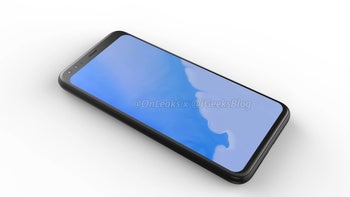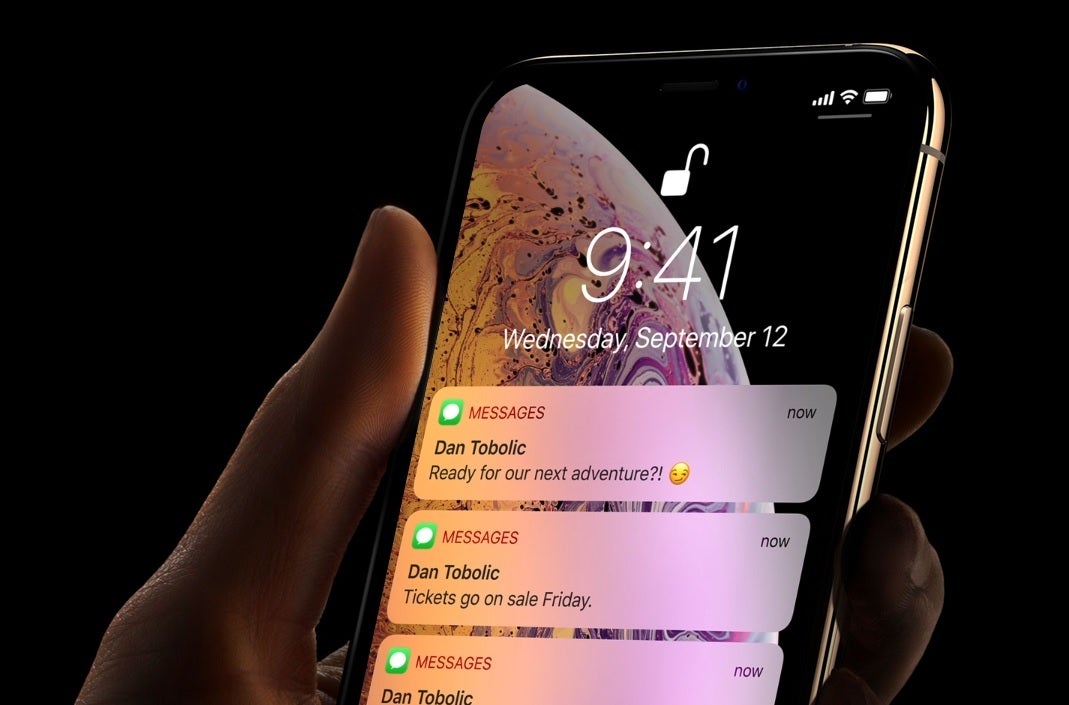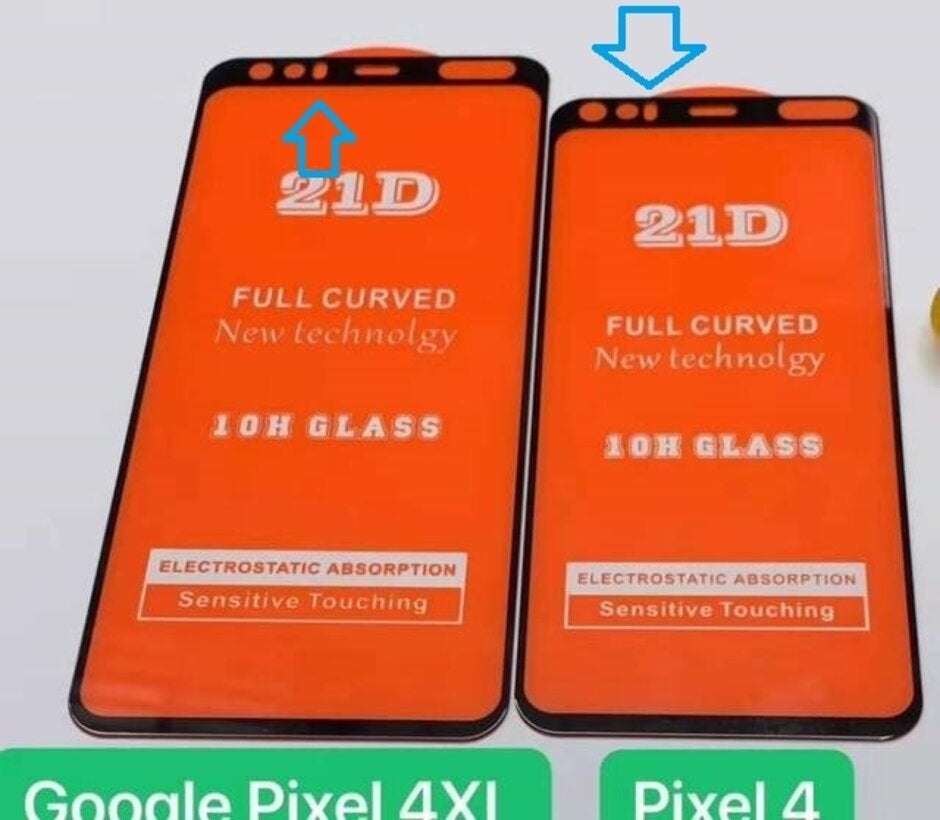Google is collecting "faces" in various cities for a major Pixel 4 feature

If you've looked at renders of the Google Pixel 4 and Pixel 4 XL, and even the photo of the Pixel 4 that the company shared, you'll notice that something is missing. The fingerprint scanner, found on the rear of every Pixel handset since the OG models, is missing. And the bottom bezel is too small to accommodate a front-facing fingerprint reader. Sure, we could assume that there will be an in-display biometric sensor, but there is actually speculation that Google will endow the new Pixels with a secure 3D facial recognition feature. One way to achieve this without using the complex structured light method employed by Apple for Face ID on the iPhone would be to equip the Pixel 4 series with a Time of Flight camera (ToF).
ToF technology is cheaper and less complicated to manufacture than structured light, and can also produce a 3D map of a person's face. It does this by shooting out infrared beams and measuring the time it takes for them to bounce off of a subject and return to the phone. Since the speed of the infrared beams is known, the data can be used to provide a secure facial recognition system. With structured light, a pattern is projected on the subject. Deformities in the lines of the pattern help Face ID calculate the 3D map it uses to unlock the phone and verify the user's identity for Apple Pay.
Would you sell Google your face for $5?
So it seems that Google is going to eliminate the fingerprint scanner with the Pixel 4 line and focus on facial recognition. According to ZDNet, Google has been testing its new facial recognition system in various cities by approaching people and giving them a $5 Amazon or Starbucks gift card. In exchange, these random test subjects have their faces captured by a heavily disguised phone, most likely one of the new Pixel models. For example, an engineer was enjoying the fresh air of New York City recently when he was approached by a couple of guys holding phones. Recalling the incident, he says that "eventually one of them works his way over to me and says something to the effect of 'Hi, I work for Google and we're collecting data to improve the next generation of facial recognition phone unlocking." They handed him a phone in a large case and had him use the front camera to capture different angles of his face.
"I asked if he was the only team collecting the data because they would need an insane amount of data to do what they wanted to. Insane in the sense that one team of people could do this for years and still not have enough. He mentioned that they have teams in many cities doing this...I assume they'll use the data to train a neural network to be able to recognize what a face is. Then you train your own phone on what your specific face looks like. And that's what gets used to unlock your phone, Face ID-style, but more accurately."-George the Engineer, Google facial recognition test subject
We should point out that if you are approached by Google to test out the company's new facial recognition system, you will be asked to sign a waiver. Not that George cared about what was on it. He admittedly signed the document without giving it a proper read through. Why? As he put it, "Google basically has my whole life on their servers already. And removing Google from my life just isn't going to happen from a practical point of view. I don't really care about data privacy because I think it's all an illusion anyway."

The Apple iPhone uses a method called structured light for Face ID
We have seen photos of alleged screen protectors for both the Pixel 4 and Pixel 4 XL that show a small vertical oval on the left side of the top bezel. Supposedly, that is where the facial recognition sensors will reside on the new handsets.

Arrows show where the facial recognition sensors are rumored to reside on the new Pixel 4 line










Things that are NOT allowed: